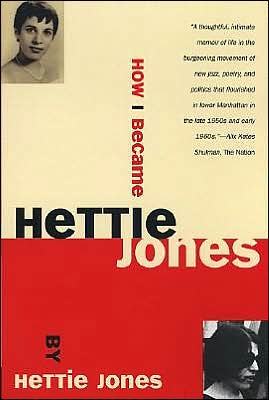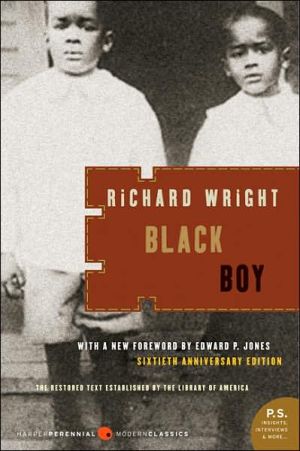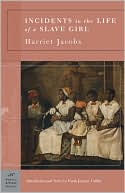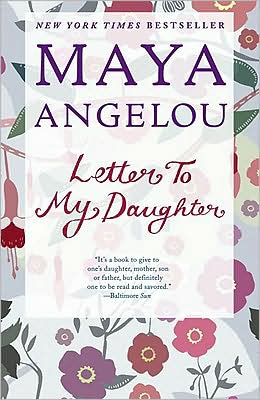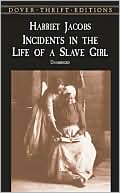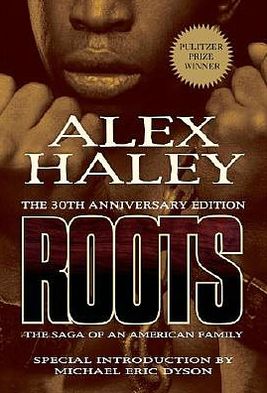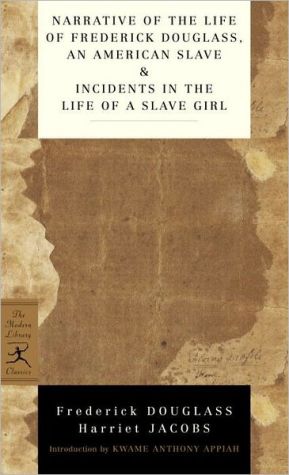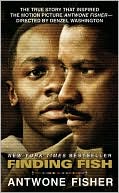How I Became Hettie Jones
Hettie Jones presents an intimate memoir of her life--from her middle-class Jewish family in Queens to her marriage to the controversial black poet LeRoi Jones and her search for her own artistic voice. Infused with the passion of the late 1950s and early 1960s, this memoir is a deeply moving look at the spirit of the artist and the birth of an era.
Search in google:
Greenwich Village in the 1950s was a haven to which young poets, painters, and jazz musicians flocked. Among them was Hettie Cohen, who'd been born into a middle-class Jewish family in Queens and who'd chosen to cross racial barriers to marry the controversial black poet LeRoi Jones. Theirs was a bohemian life in the awakening East Village of underground publishing and jazz lofts, through which drifted such icons of the generation as Allen Ginsberg, Thelonious Monk, Jack Kerouac, Frank O'Hara, Billie Holiday, James Baldwin, and Franz Kline.Publishers WeeklyAs the wife of controversial black playwright-poet LeRoi Jones (now Amiri Baraka), Hettie Cohen, a white Jew from Queens, N.Y., plunged into the Greenwich Village bohemia of jazz, poetry, leftish politics and underground publishing in the late 1950s. Their life together ended in 1965, partly, she implies, because of separatist pressures on blacks to end their interracial marriages. In this restrained autobiographical mix of introspection and gossip, the author writes of coping with racial prejudice and violence, raising two daughters, and of living in the shadow of her husband. When the couple divorced, she became a children's book author and poet. The memoir is dotted with glimpses of Allen Ginsberg, Thelonious Monk, Jack Kerouac, Frank O'Hara, Billie Holiday, James Baldwin, Franz Kline, among others. (Feb.)
\ Publishers Weekly - Publisher's Weekly\ As the wife of controversial black playwright-poet LeRoi Jones (now Amiri Baraka), Hettie Cohen, a white Jew from Queens, N.Y., plunged into the Greenwich Village bohemia of jazz, poetry, leftish politics and underground publishing in the late 1950s. Their life together ended in 1965, partly, she implies, because of separatist pressures on blacks to end their interracial marriages. In this restrained autobiographical mix of introspection and gossip, the author writes of coping with racial prejudice and violence, raising two daughters, and of living in the shadow of her husband. When the couple divorced, she became a children's book author and poet. The memoir is dotted with glimpses of Allen Ginsberg, Thelonious Monk, Jack Kerouac, Frank O'Hara, Billie Holiday, James Baldwin, Franz Kline, among others. (Feb.)\ \ \ \ \ Library JournalLike Joyce Johnson's Minor Characters ( LJ 1/15/83), this memoir tells the story of an aimless young woman drawn into the orbit of the male-centered Beat Generation in the late 1950s and early 1960s. It focuses on her marriage to LeRoi Jones (Amiri Baraka) and her struggle to raise a family, support her husband's art, and realize her own ambitions. Attempts at self-realization are complicated by the prejudice she encounters because of her interracial marriage, a marriage that fails to sustain itself when threatened by the racism and sexism of the times. Nevertheless, Jones celebrates the new bohemia of those days that nurtured innovative art, music, and poetry and served as a gathering place for the likes of Franz Kline, Diane DiPrima, and Allen Ginsberg.-- William Gargan, Brooklyn Coll. Lib., CUNY\ \
